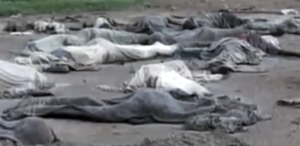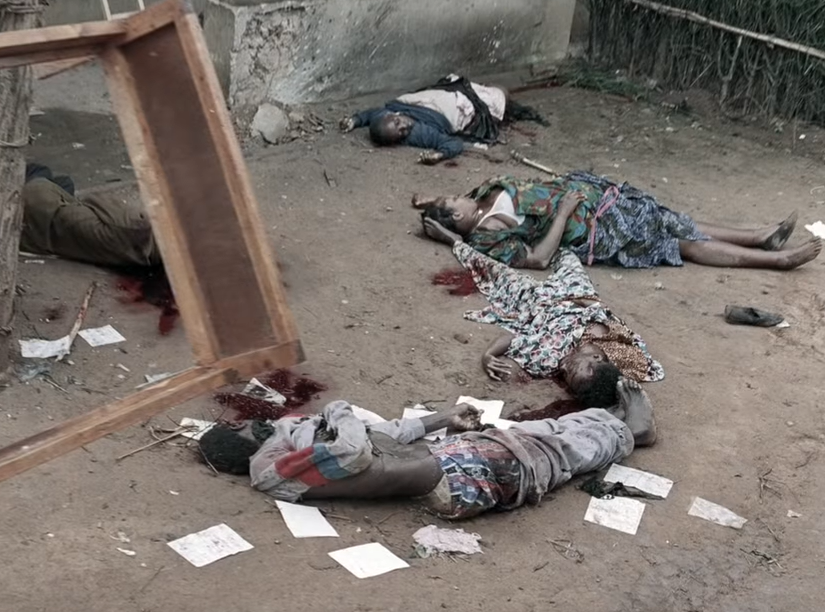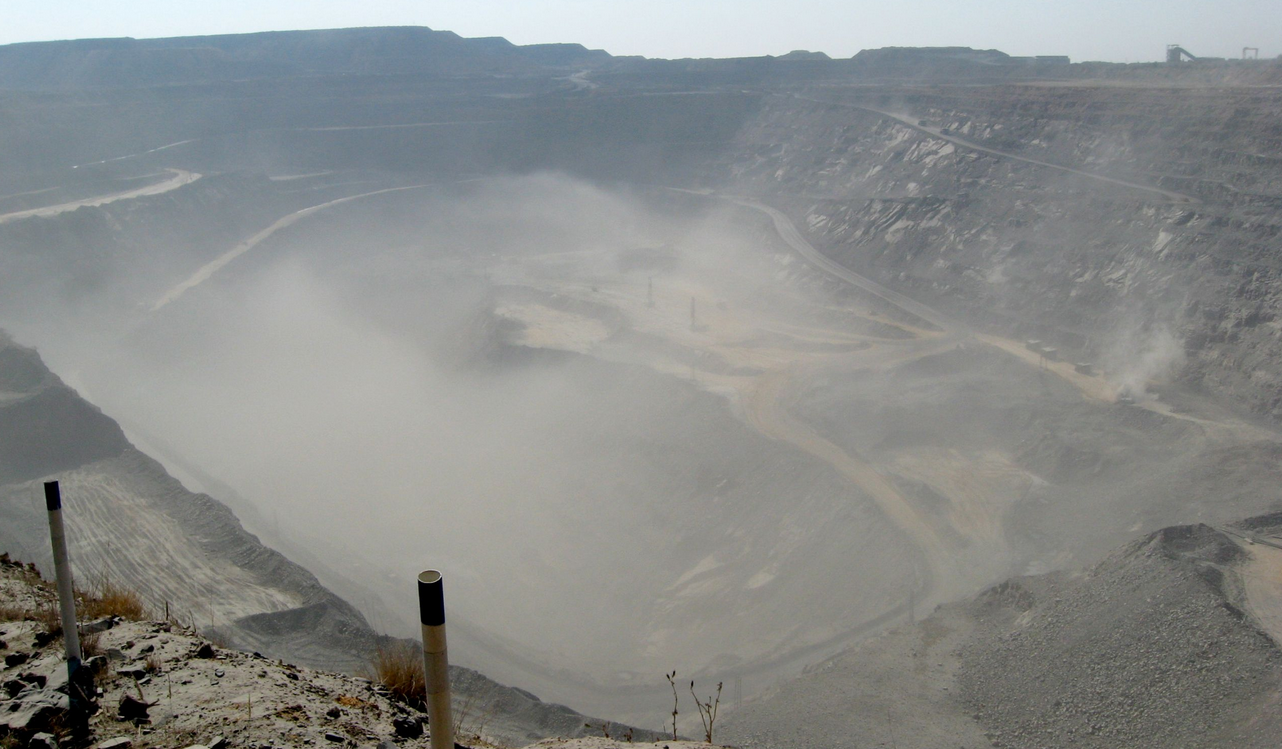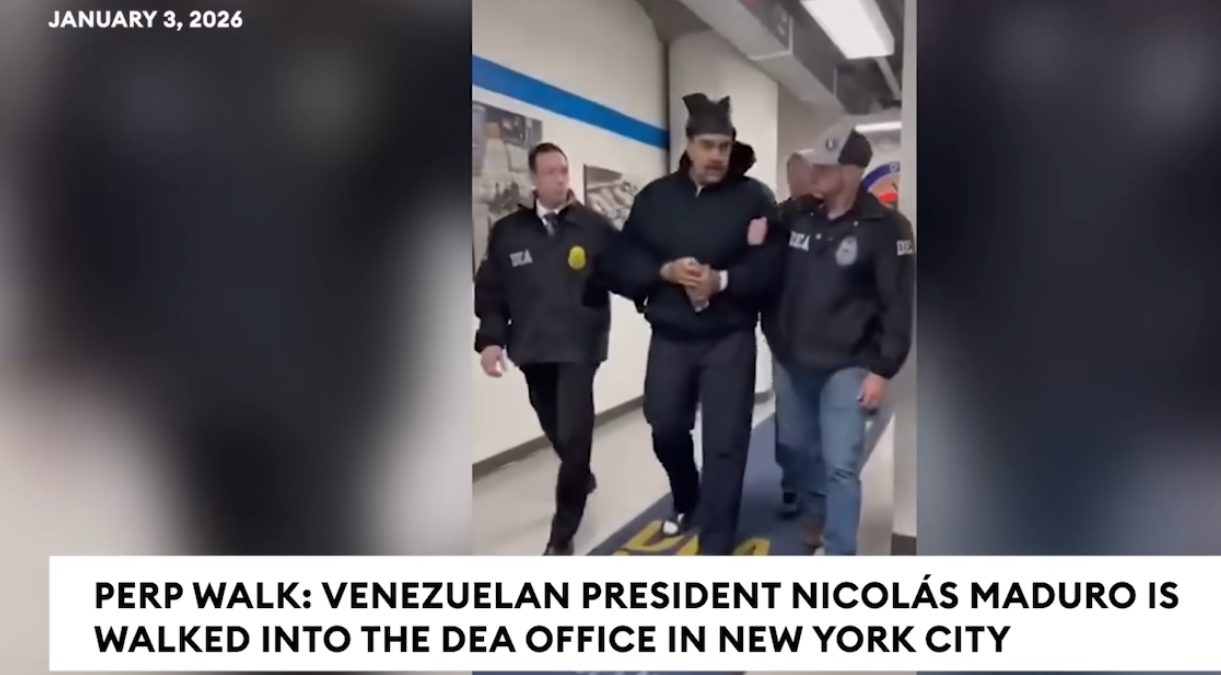By Allan Ngari\Vincent Sima Olé Human Rights Watch
Photos: Wikimedia Commons\YouTube Screenshots
Adama Dieng has been appointed as the first African Union (AU) special envoy for the prevention of the crime of genocide and other mass atrocities.
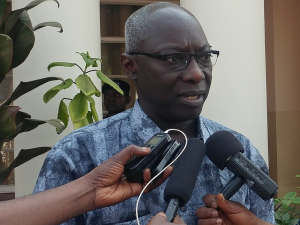
Dieng will drive the organization’s agenda to “combat the ideology of hate and genocide on the continent,” said AU Commission Chairperson Moussa Faki Mahamat. The April 6 appointment could not be more symbolic, marking 30 years since the Rwandan genocide and harkening to the failure of the international community to stop the slaughter.
Dieng has occupied several positions within the United Nations human rights and justice system, including as a registrar of the International Criminal Tribunal for Rwanda (ICTR), then as UN designated expert on the situation of human rights in Sudan. From 2012 to 2020, he was UN special adviser on the prevention of genocide, with a mandate to raise the alarm over situations likely to spiral into genocide and mobilize UN security council action to prevent such atrocities.
Dieng’s new appointment comes at a time when Africa is witnessing spates of terrible mass atrocities and serious crimes, with dire humanitarian consequences, and little to no international attention.
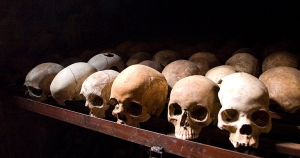
April 15 marked the first anniversary of the fast-deteriorating conflict in Sudan between the Sudanese Armed Forces (SAF) and the Rapid Support Forces (RSF). While both parties have committed egregious laws of war violations, the targeted attacks on ethnic non-Arab communities in West Darfur by the RSF and allied militias have evoked the spectre of the horrific Darfur war. That conflict killed 300,000 people in the early 2000s and led the International Criminal Court (ICC) to indict then-Sudan President Omar al-Bashir.
Government forces in Burkina Faso have carried out mass killings of civilians as part of a brutal campaign to tackle Islamist armed groups, who have also committed serious abuses. In the Democratic Republic of Congo, government forces and armed groups, including the Rwanda-backed M23, have committed atrocities against civilians in violence throughout North Kivu and Ituri provinces.
Atrocities and serious crimes are nevertheless not limited to war time, as illustrated by the October 30, 2022 crackdown on protestors in Chad, when scores of protesters were shot by security forces.
Dieng’s newly created regional mandate could be a timely boost to existing international mechanisms on atrocities prevention if it proves to be an indication of more genuine AU political willingness to end mass abuse and uphold accountability standards.
